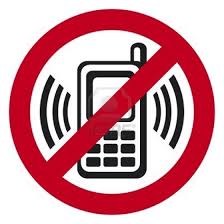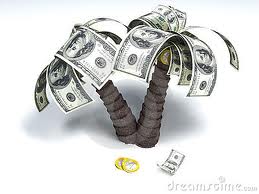 As a Florida consumer bankruptcy attorney, we have been able to remove and strip off second mortgages due to the 11th Circuit’s decision in McNeal a couple years back. It is the only Circuit in the country that allows for a second mortgage lien to be stripped from homestead property. The key has been to show that the home does not have value over and above the amount owed on the first mortgage.
As a Florida consumer bankruptcy attorney, we have been able to remove and strip off second mortgages due to the 11th Circuit’s decision in McNeal a couple years back. It is the only Circuit in the country that allows for a second mortgage lien to be stripped from homestead property. The key has been to show that the home does not have value over and above the amount owed on the first mortgage.
Bank of America, N.A. has an appeal in the works that the U.S. Supreme Court has just accepted for review per DS News.
So the window may be closing. Anyone who wants to strip their second mortgage on their home should contact a bankruptcy attorney right away — in case the court starts staying cases pending the appellate review, or in the event that the U.S. Supreme Court rules against homeowners.
 Reboot Your Life: Tampa Student Loan and Bankruptcy Attorney Blog
Reboot Your Life: Tampa Student Loan and Bankruptcy Attorney Blog


 Many of our Tampa Bay, Florida clients facing foreclosure want to speak with their mortgage company and reach some kind of agreement for a loan mod, deed in lieu, cash for keys or short sale. Many do not. They’ve been there and done that and no longer want to receive in some cases hundreds of calls from a mortgage company.
Many of our Tampa Bay, Florida clients facing foreclosure want to speak with their mortgage company and reach some kind of agreement for a loan mod, deed in lieu, cash for keys or short sale. Many do not. They’ve been there and done that and no longer want to receive in some cases hundreds of calls from a mortgage company. Mortgage companies in Florida must think money really does grow on trees as they are now suing for deficiency judgments on past foreclosures of homes. July 1, 2014 was the deadline in Florida for lenders to file deficiency lawsuits for foreclosure Judgments issued between July 1, 2009 and July 1, 2013. This is the result of the foreclosure bill last summer drastically dropping the number of years for a mortgage company to sue for a deficiency from five years to only one year.
Mortgage companies in Florida must think money really does grow on trees as they are now suing for deficiency judgments on past foreclosures of homes. July 1, 2014 was the deadline in Florida for lenders to file deficiency lawsuits for foreclosure Judgments issued between July 1, 2009 and July 1, 2013. This is the result of the foreclosure bill last summer drastically dropping the number of years for a mortgage company to sue for a deficiency from five years to only one year. The Affordable Care Act has caused millions of people to sign up for Medicaid for the first time. Medicaid is a program of free health insurance provided to low to no income individuals. Although the care itself is free, there is a
The Affordable Care Act has caused millions of people to sign up for Medicaid for the first time. Medicaid is a program of free health insurance provided to low to no income individuals. Although the care itself is free, there is a  In a long awaited decision by the Florida Supreme Court,
In a long awaited decision by the Florida Supreme Court,  Texting + driving = bad things happen. My husband, a twenty year veteran DUI officer in St. Petersburg, Florida shows me gruesome car accident photos now and again that help keep me in line. As a result, I run less red lights that still look orange to me, and I try to avoid certain behaviors while driving, including texting.
Texting + driving = bad things happen. My husband, a twenty year veteran DUI officer in St. Petersburg, Florida shows me gruesome car accident photos now and again that help keep me in line. As a result, I run less red lights that still look orange to me, and I try to avoid certain behaviors while driving, including texting.